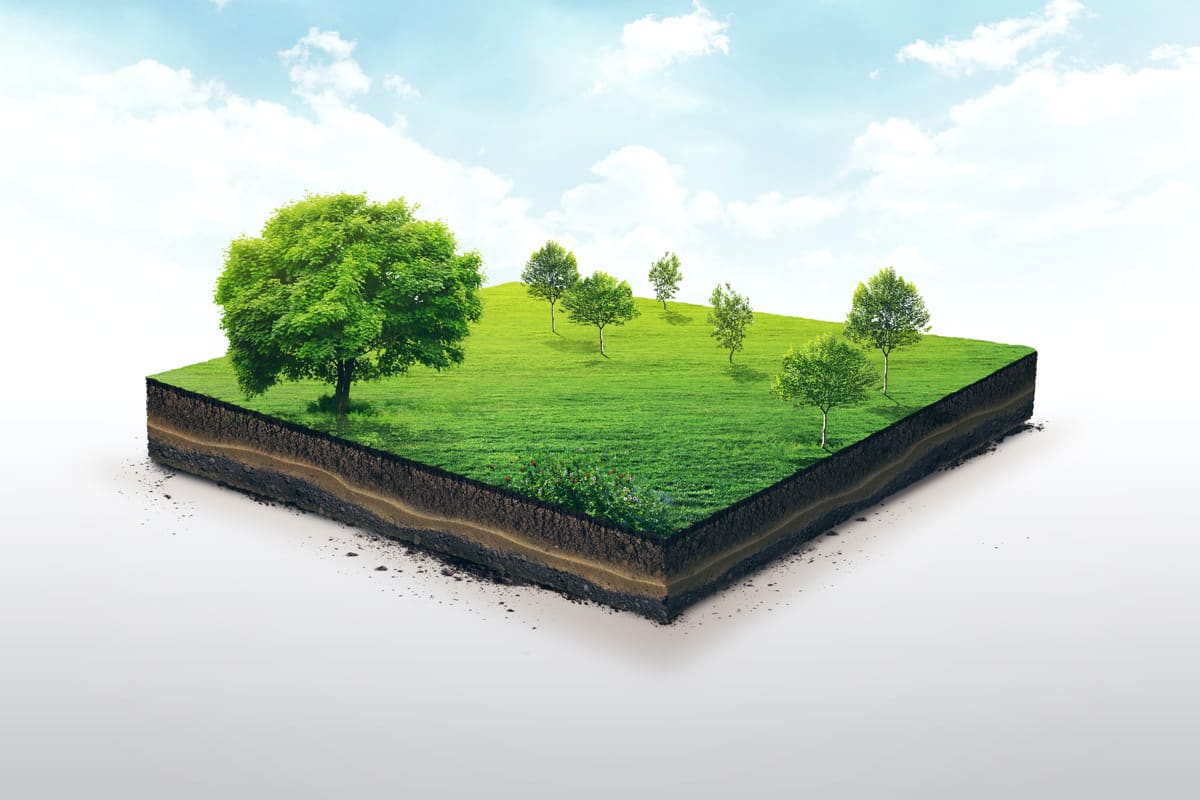What is a Residual Method of Valuation?
The Residual Method of Valuation is a technique for determining the value of some land based on its developed value.
Here is when it might be used and how it works.

-
by Robert Jones, Founder of Property Investments UK
With two decades in UK property, Rob has been investing in buy-to-let since 2005, and uses property data to develop tools for property market analysis.
What Exactly is a Residual Method of Valuation?
There are many approaches to valuing development land, including the market comparison and the residual method.
Land and property can be valued based on market value (determined by the values of comparable properties). However, the Residual Method of Valuation calculates the value of the land by taking the developed value and subtracting the price of developing it.
In simpler terms, residual refers to the amount remaining after all relevant costs of development and profit have been deducted.
Valuers can use a combination of methods, such as the market comparison method and the residual method when determining the value of some land. There are also two types of residual valuation, Basic Residual Valuation and the Discounted Cash Flow Method, the latter of which is more complex.
Access our selection of exclusive, high-yielding, residential investment property deals and a personal consultant to guide you through your options.
What It Is Used For
Residual method of valuation is one of many alternative property strategies, that property developers can use to increase their returns with their developments.
It is a way of estimating the costs, returns and possible profits on a development project that they are considering, helping them to decide whether it is viable.
It is a way of planning a budget and managing the risk of a project.
It might also be of use in obtaining finance for a project. It will indicate to the lender what the completed property and the land to be purchased are worth.
A residual method can determine what some undeveloped land is worth and how much should be paid for it. And this information is useful when negotiating with the seller.

The Calculation
The Residual Method of Valuation is based on the principle that the value of a property with development potential is equal to it after development, minus the costs and a profit for the developer.
A Basic Residual Valuation is calculated like this:
Residual value = Gross development value (GDV) – total development costs, including profit
What is Involved?
Although the residual valuation calculation is simple, there are several issues to consider and different values to estimate when using the residual method.
Gross development value (GDV): This is the market value of the completed project. It may be based on the likely rent and yield of the completed project.
Profit: The amount of profit the developer requires or is willing to accept. This will likely dictate the maximum price the developer will pay for the land.
Now to consider total development costs:
Land costs: The purchase (or likely purchase) price of the land at the point of buying it. It includes any purchase taxes payable. These are also known as acquisition costs. Accurate land identification is important and there is lots of data now available like the land registry for title deed information and data systems like unique street reference numbers and unique property reference numbers helps ensure precise locations, to help valuation and legal documentation.
Build or construction costs: The cost of building on the land in question. It is likely to be based on an estimate, allowing for an estimate of the cost when the work is carried out. It may include fees which arise directly from the building work as well as legal fees, project management costs, planning costs and costs associated with Section 106.
Fees: This includes most professional fees payable on the project that are not included in building costs — for example, fees for legal, planning consultants and environmental impact assessments.
Sales or letting costs: These comprise an estate agent’s fees and commission for selling a completed development or a letting agent’s fees for finding a tenant or tenants. They also include the marketing costs of the completed project.
The cost of financing: Borrowed capital, including interest and arrangement fees. When considering finance, a valuation should also take into account cash flow.
Contingency costs: A Residual Method of Valuation may include a contingency for cost overruns and other increased costs.
Other costs: These costs are not exclusive, and others we have not listed may apply to some projects. For example, land surveys, demolition costs and land remediation costs (the removal of contaminated material). It may incorporate an allowance for expenses between when a project is completed and when it is sold or let (for example, utility and security costs and void periods).
It is necessary to consider these costs not only at the point the residual valuation is carried out but at that future point at which the proposed development is completed. This can be addressed by way of the discounted cash flow method. Also, it is necessary to bear in mind that some forecasts and estimates may change. For example, once a detailed design has been worked up, the price may change.
Is it Possible to Have a Negative Residual Land Valuation?
Yes, it is possible to have a residual land valuation that is a negative amount. A negative valuation would be obtained where the costs of developing land according to a particular scheme are more than its gross development value.
How to Obtain a Residual Valuation
In theory, you can use the Residual Method of Valuation to value development land yourself.
Some online calculators also say they can provide a quick appraisal of the residual valuation.
Obtaining an accurate residual valuation requires a detailed knowledge of the appropriate methods to use, good local knowledge and in-depth research. So it is advisable to consult a qualified surveyor to obtain an accurate residual valuation.
